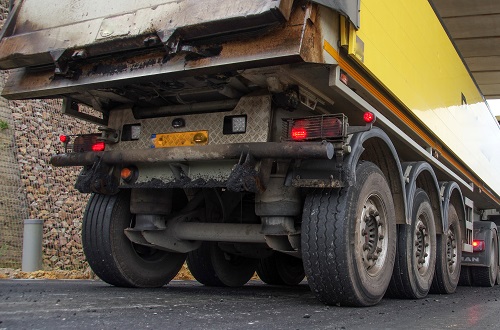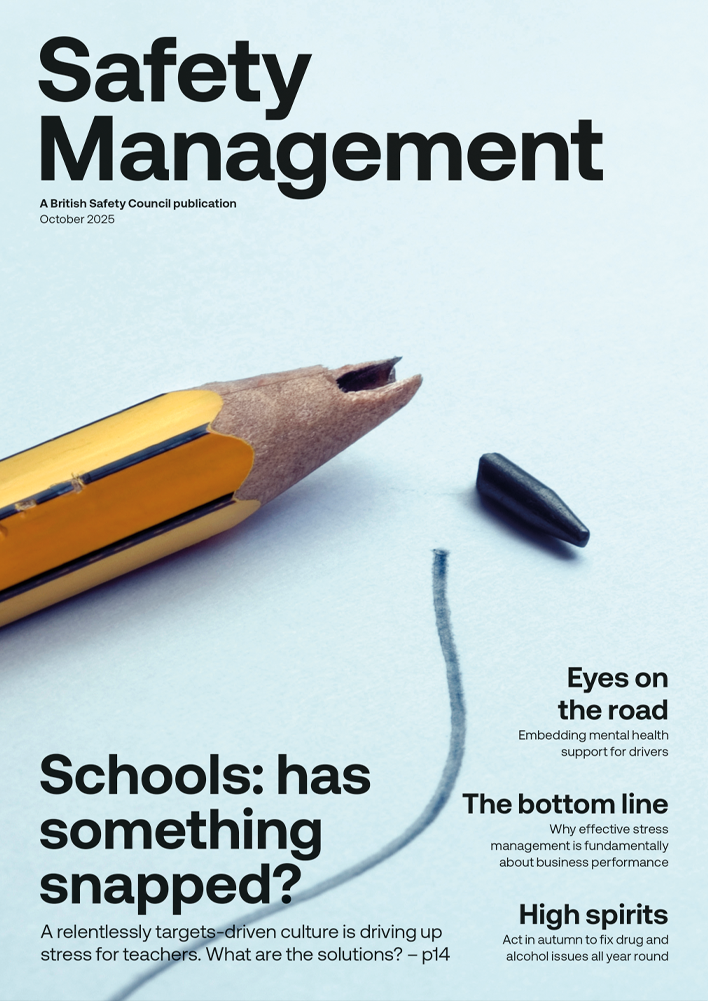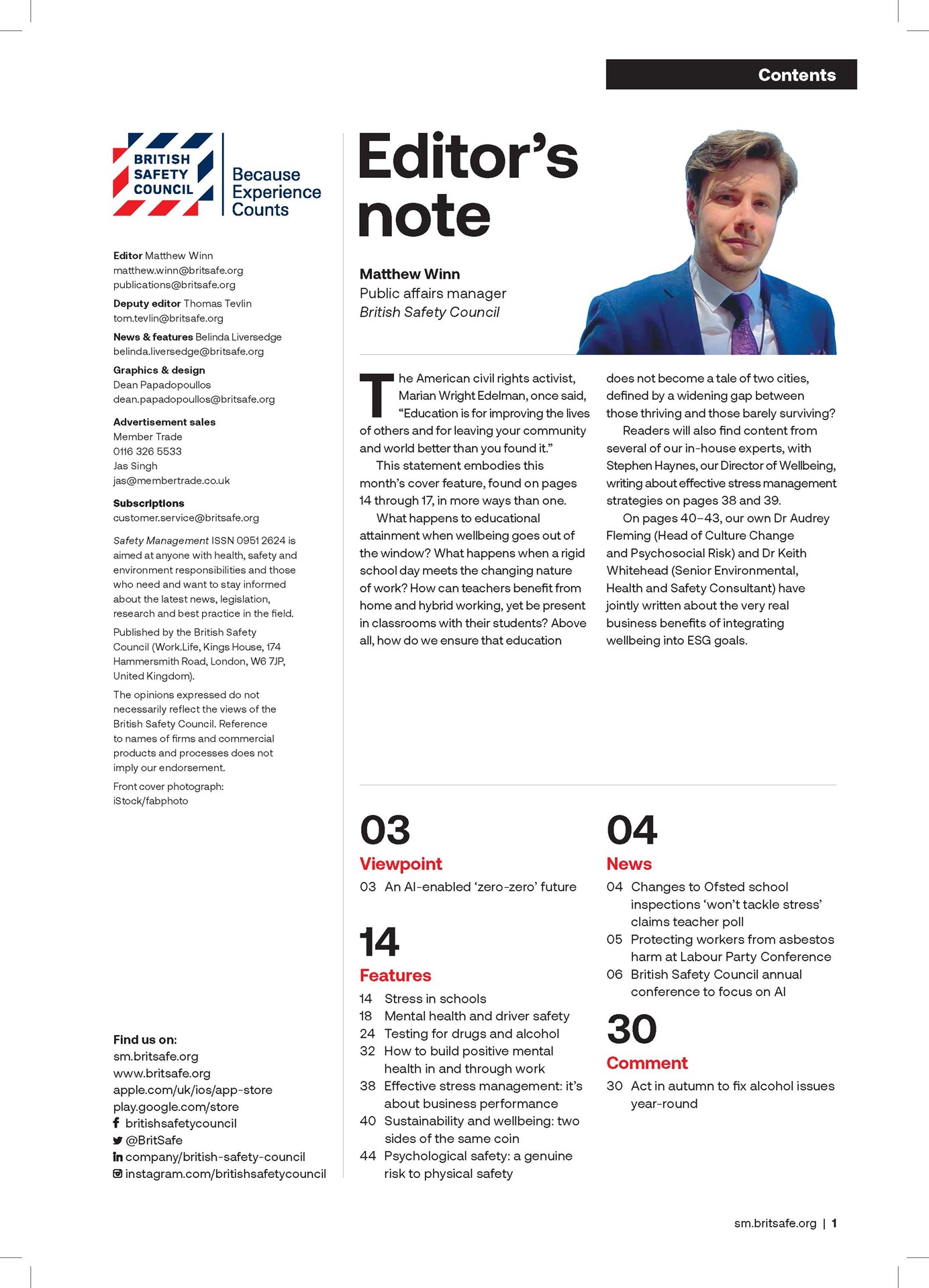Hybrid working, which involves splitting time between the home and office, has become the "new normal" for more than one in four workers, official figures show.
News
Hybrid working the “new normal” for more than 1 in 4 workers
According to the ONS’s survey of about 5,500 workers, more than a quarter (28 per cent) of working adults in Britain hybrid worked between January and March this year.
Workers with a "degree or equivalent" qualification were 10 times more likely to hybrid work than those with no qualifications.
“Hybrid models, flexibility and employee wellbeing are [now] central to how organisations are rethinking work,” writes Kate Field, head of human and social sustainability at BSI, for this month’s issue of Safety Management magazine.
She says that employees who began their careers during or just after the pandemic are shaping the transformation: “They are not categorically anti-office, nor are they blindly pro-remote. Instead, they are advocating for something more meaningful: work that aligns with their personal needs, ambitions and wellbeing.”
“What keeps them engaged isn’t rigid office attendance – it’s culture, alignment of values and development opportunities,” she adds.
 "Employees who began their careers during or just after the pandemic are shaping the transformation to hybrid working." Photograph: iStock
"Employees who began their careers during or just after the pandemic are shaping the transformation to hybrid working." Photograph: iStock
However, who can access hybrid working and its benefits, appears to be unfairly distributed suggests the data.
It found that hybrid work opportunities increased with higher income bands and was more common among residents in less deprived areas in England.
Only a quarter of disabled workers did hybrid work, compared to 29 per cent of their than non-disabled colleagues, partly because disabled workers were more likely to be in lower income bands.
Directors, managers and senior officials, as well as those in professional occupations were also the most likely to hybrid work, along with those with childcare responsibilities, showed the report published on 11 June.
Rebecca Florisson, Principal Analyst of the Work Foundation at Lancaster University said: “Hybrid and remote working was heralded as bringing in a new dawn of flexible and inclusive work, but today’s release show it is out of reach for many.”
“The demand for remote and flexible work continues to grow, and yet our [research] shows that job listings with hybrid options are plateauing and those with remote options are declining to almost pre-pandemic levels… The Government should work with employers to provide access to flexible and inclusive working for those who are currently missing out.”
NEWS

Top jobs in safety in greatest demand right now, says recruiter
By Belinda Liversedge on 29 October 2025
Senior safety professionals who can influence culture, lead transformation, and align health and safety with wider business goals are in growing demand by employers, the recruiter Irwin & Colton have said.

HSE inspectors target Manchester construction sites as part of health drive
By Belinda Liversedge on 28 October 2025
HSE inspectors made a series of proactive inspections last week in Manchester city centre to tackle ill-health on construction sites.

Headline fines highlight common errors in reversing
By Belinda Liversedge on 24 October 2025
Reversing incidents have come into sharp focus in recent months, says HSE with two high profile fines totalling £3.5 million for the death of two workers.



